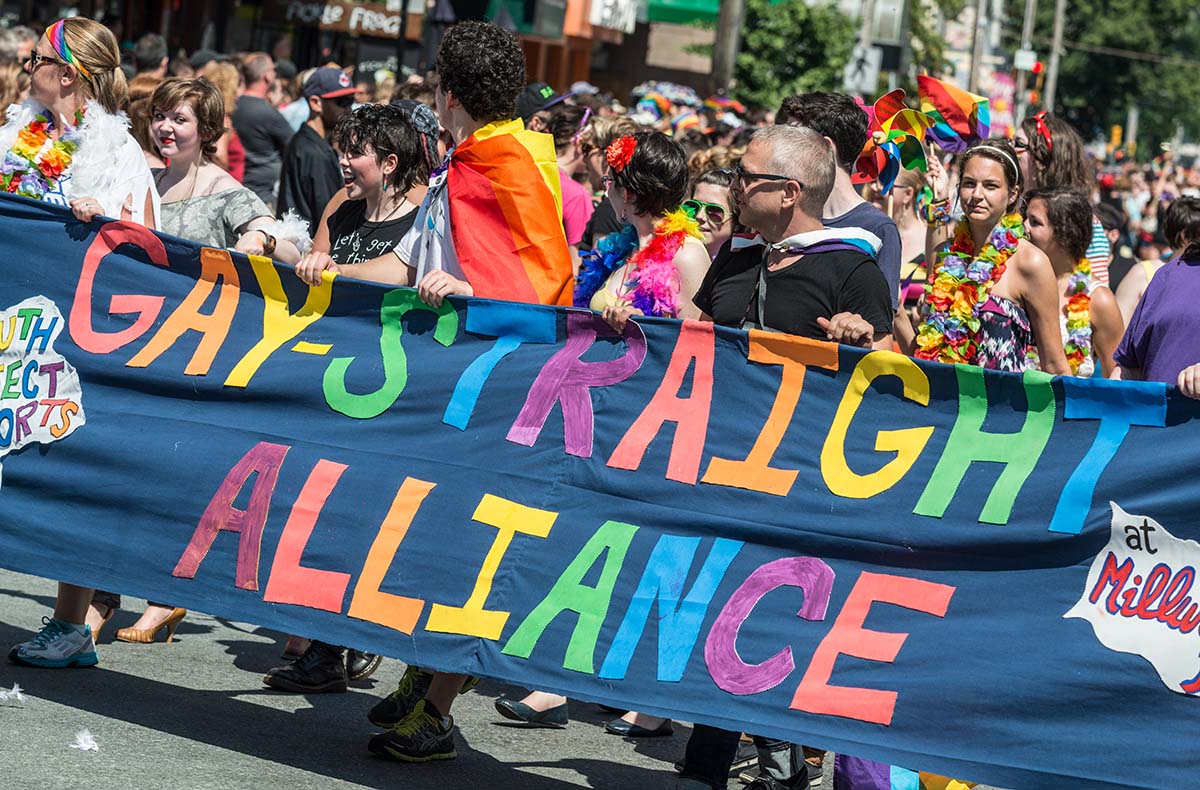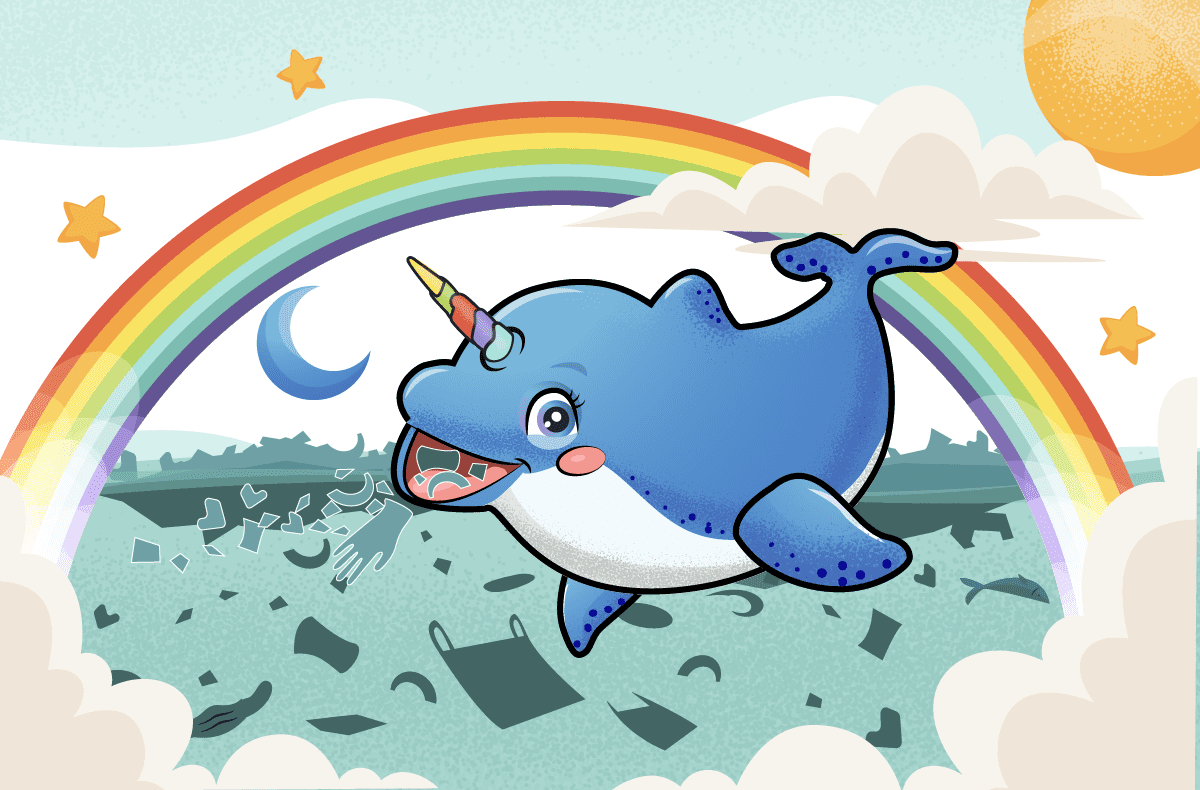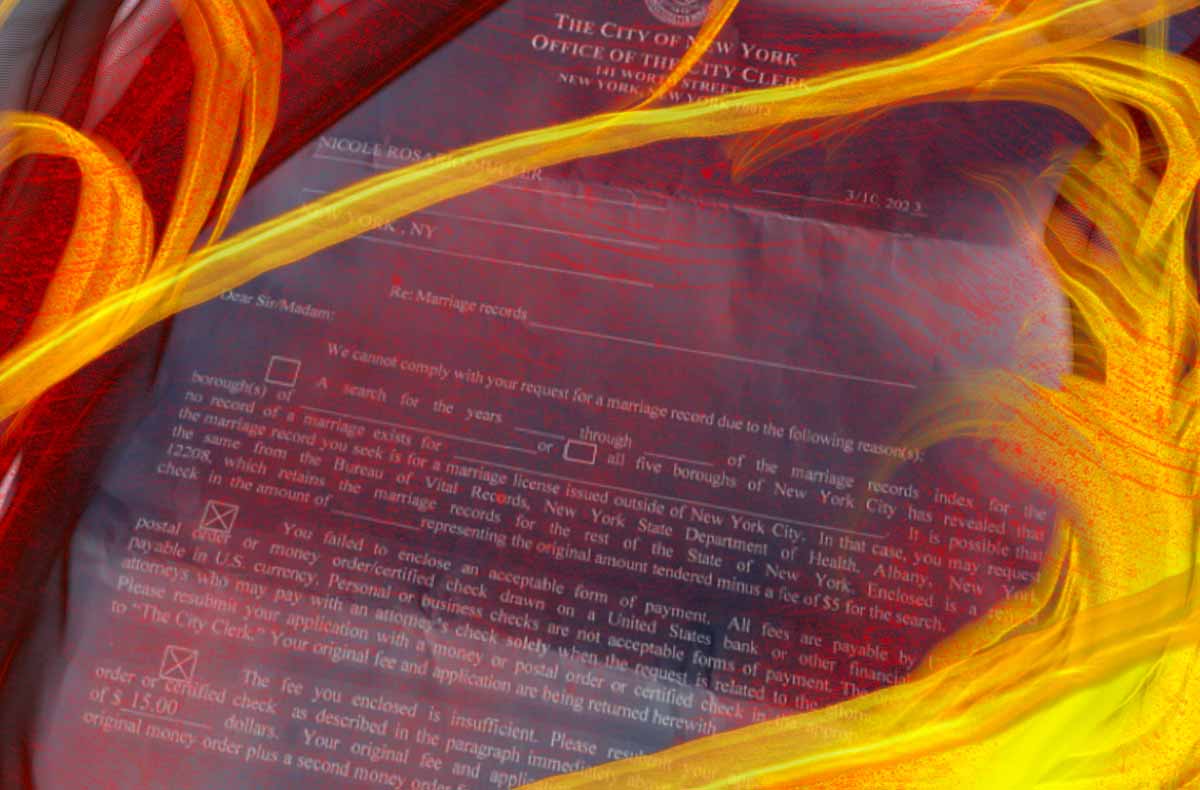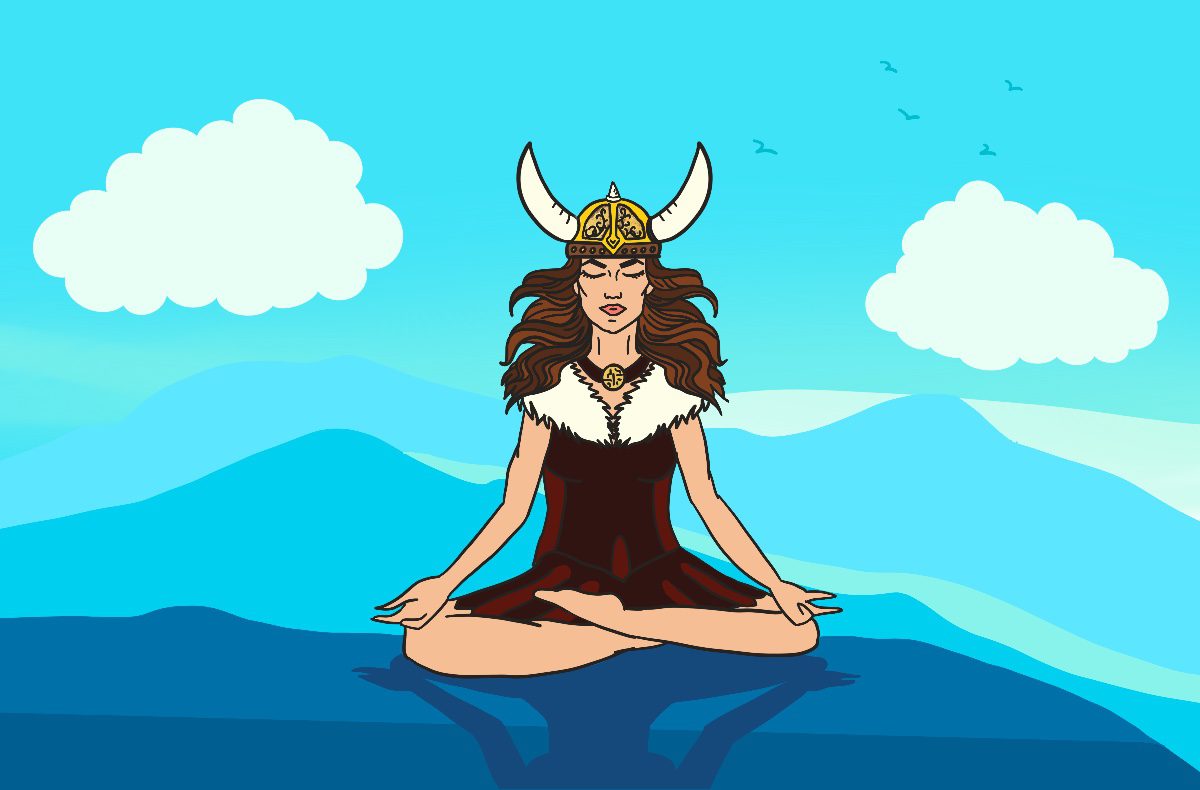
George Cooper’s piece dissecting how the spotlight on Qatar exposes the global fragility of LGBTQ+ rights struck a chord with me. While I used to be encouraged by the forward march of progress I’d seen during my adult life, recent years have made me feel less encouraged—and the past few months have been even more alarming. The overturning of Roe v. Wade on pride weekend, anti-trans legislation popping up across the country, and the recent gay nightclub shooting in Colorado Springs fill me with a sense that we’re not so much marching forward, but pushing against a tide of intolerance that threatens to suck us way back out in the dark ages.
I’ve been a staunch advocate for gay rights since high school, in Y2K times. As any East Coast Millennial likely recalls—or anyone who’s watched a teen movie from the late 90s/early 2000s, for that matter—the dominant takedown of anything deemed stupid was “that’s so gay.” Like any other teen, I used the phrase freely, not thinking about the fact that, by doing so, I was saying being gay was bad or stupid. Of course I didn’t mean it that way, but what was I reinforcing by saying it? It was something I’d never reflected on… until someone woke me up to what I’d never noticed before.
One weekend during a speech and debate tournament, my friends and I were doing our homework, and started making fun of the cheesy photo on the cover of my French textbook. “It’s so gay,” I said. The assistant coach of our team, a young, cool, gay teacher we all idolized and adored said teasingly, “Yeah, that textbook is totally attracted to other textbooks of the same sex.” Needless to say, I never said “that’s so gay” again, and whenever someone else did, I’d stop them to ask what they meant. When they’d inevitably reply that they “didn’t mean it that way,” I’d suggest they use the word they did mean instead. Because how would you feel if someone used your identity as synonymous with bad or stupid, even if they “didn’t mean” you personally? It would feel pretty personal, I’d imagine.
In his very gentle way, my coach had called out a generally accepted dehumanization of gay people, and once he’d revealed it to me, it was all I could see. Ignited with the righteous fury only a teenager with a cause could possess, I spent a sleepless night writing a manifesto about why the culture in our school needed to change. I was determined to start a Gay-Straight Alliance (GSA), but was convinced there would be pushback from faculty, so I called the club something vague like “Vibes” or “Changes” or “Breeze”. Honestly I can’t remember, because when I marched into the principal’s office, ready to fight, he literally just said, “yeah sure, but why not just call it the Gay-Straight Alliance?” And so me, my two gay friends, and I started Pleasantville High School’s first GSA.
And no one ever said “that’s so gay” again.
Okay so, maybe that wasn’t the outcome. But even if the club was literally just four people and our health teacher in a room agreeing with each other, we did mark a shift in school culture, and helped pave the way for the social justice warriors of the future to call out the hegemonic bullshit we leave unanalyzed on the regular.
Which brings me to today. I’ve previously written about how you shouldn’t have to have a daughter or sister to care about women’s rights. Similarly, you shouldn’t have to have a gay friend—or deeply cool assistant forensics coach—to care about gay rights. You should care because all people deserve the same basic human dignity.
Unfortunately, that point is lost on those whose lives haven’t been personally touched by such issues. They openly mock the “woke” mob and are proud of being “anti-woke.” I’d challenge these people to think about what they’re saying there. Being “woke” means you’re no longer remaining willfully ignorant of the daily injustice we perpetuate by turning a blind eye and staying complicit. It’s distressing that so many people wear their willful ignorance like a badge of honor. Because that’s what being “anti-woke” is.
Luckily, there are still decent people out there who give a shit about human rights—including those of minority groups. Politically, these tend to be Democrats. Unfortunately, this party has a history of being too polite to “bully” conservatives into doing the right thing—which is how women in this country lost their reproductive rights. If we’re to maintain any of the progress from the past decades, those with the power to protect what rights remain need to step up. There are signs of hope: presently, our lame duck Congress is showing signs of growing a spine and taking proactive measures to protect same-sex marriage from our minority-ruled Supreme Court by codifying it with federal protections. Hopefully they’ll succeed. But even if they do, there’s still a world of progress left to be made, and rights worth fighting to protect.
There was a shirt we allies wore back in the early aughts to represent tolerance: “Gay? Fine by me.” These days, I’ve replaced this old tee with a new one that’s more my speed: “Sounds Gay: I’m in.” In the face of active hate, active intolerance, and targetting of our queer friends, straight allies need to do more than “tolerate”—we need to be proactive advocates.



